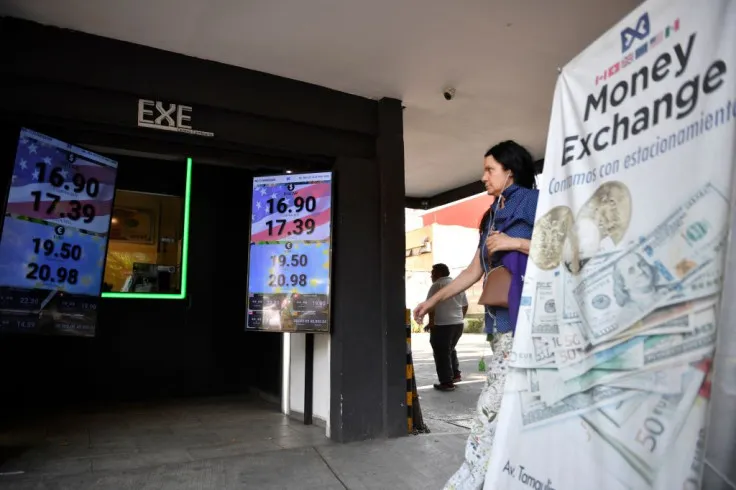The arrest of a Mexican man living in ʻAiea has sparked debate over whether U.S. immigration authorities are violating constitutional protections by using bulk financial data to identify and deport undocumented migrants.
Gregorio Cordova Murrieta, 48, was arrested at his home on June 26 by Homeland Security Investigations (HSI) agents for illegally reentering the United States after a 2008 deportation. He pleaded guilty in federal court in Honolulu and faces up to two years in prison, a $250,000 fine, and deportation at his Sept. 9 sentencing.
How ICE found him
According to a criminal complaint, Cordova was flagged after authorities accessed records of his remittances to Mexico. His name and Hawaiʻi home address appeared in 11 transfers since 2021, made using his Mexican passport.
The information came from the Transaction Record Analysis Center (TRAC), a nonprofit in Arizona created in 2010 after Western Union settled with the state over money-laundering concerns. TRAC now stores hundreds of millions of money-transfer records, including sender names, addresses, and recipient details.
While TRAC is primarily promoted as a tool for investigating drug trafficking and money laundering, it has quietly been used in immigration enforcement.
Cordova’s fiancée, Grace Perez Parra, told Civil Beat he never thought he was in danger:
“He wasn’t scared, because people do it all the time. He wasn’t walking on eggshells. ‘No, Mama, they’re gonna get criminals,’” she recalled him saying.
Privacy and constitutional concerns
Civil liberties advocates say Cordova’s case illustrates how bulk collection of financial records without a warrant may conflict with Fourth Amendment protections against unreasonable searches.
-
Emerald Tse, Georgetown University Center on Privacy and Technology: “They are sidestepping that constitutional requirement.”
-
The Cato Institute has also criticized the program, warning that low-income, immigrant, and minority communities are disproportionately surveilled.
Sen. Ron Wyden (D-Ore.) has pressed the Department of Homeland Security over its use of TRAC, saying the agency improperly issued bulk subpoenas meant for customs cases:
“This unorthodox arrangement … raises a number of concerns about surveillance disproportionately affecting low-income, minority and immigrant communities.”
TRAC director Rich Lebel defended the database, saying it was “not conducive to immigration-related investigations” and is mainly used for financial crimes.
The bigger picture: Remittances under pressure
Remittances — money sent home by migrants — are crucial for families abroad. In 2024, migrants in the U.S. sent $93 billion overseas, nearly two-thirds of it to Mexico, according to the Niskanen Center.
But that flow is slowing:
-
Down 5.8% since January 2025
-
16% year-over-year decline in June
-
Mexico could lose nearly $4 billion in remittances this year
-
The Mexican central bank projects about $61 billion for 2025, ending 11 years of growth
In court
Cordova explained his guilty plea plainly:
“I returned to the United States knowing I wasn’t supposed to enter the United States again.”
His case now sits at the intersection of immigration enforcement, financial surveillance, and privacy rights, with critics warning it could set a precedent for broader government use of bulk financial data.















Leave a Reply